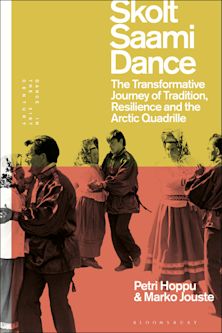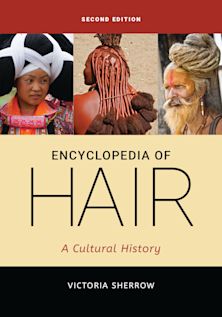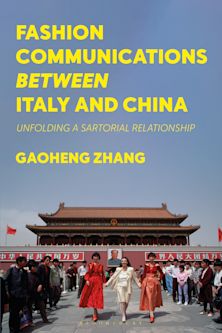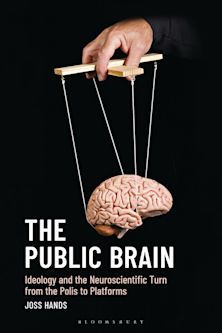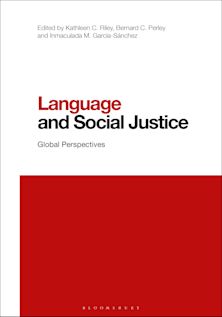- Home
- ACADEMIC
- Anthropology
- Cultural Anthropology
- Postmodernity's Histories
This product is usually dispatched within 3 days
- Delivery and returns info
-
Free CA delivery on orders $40 or over
You must sign in to add this item to your wishlist. Please sign in or create an account
Description
Challenges to the conventional study of history have been raised by the recent paradigm of globalization and by new intellectual transformations linked to postmodernism and postcolonialism. In this book the noted historian Arif Dirlik argues for a new approach to the practice of historical research. Moving beyond mere critique, he synthesizes traditional historical methods with new approaches that emphasize historical memory, indigenous writing, place based history, and the dual processes of integration and fragmentation in a globalized world.
Table of Contents
Chapter 2 How the Grinch Hijacked Radicalism: Thoughts on Postrevolutionary Histories
Chapter 3 Revolution in History and Memory: The Politics of Cultural Revolution in Historical Perspective
Chapter 4 Is There History after Eurocentrism? Globalism, Postcolonialism, and the Disavowal of History
Chapter 5 Theory, History, Culture: Cultural Identity and the Politics in the Twentieth Century China
Chapter 6 Reading Ashis Nandy: The Return of the Past, or Modernity with a Vengeance?
Chapter 7 Formations of Globality and Radical Politics
Chapter 8 Bringing History Back In: Of Diasporas, Hybridities, Place and Histories
Chapter 9 The Past as Legacy and Project: Postcolonial Criticism in the Perspective of Indigenous Historicism
Chapter 10 Places and Transcommunality: A Comment on John Brown Child's Idea of the Transcommunal
Product details
| Published | Oct 18 2000 |
|---|---|
| Format | Paperback |
| Edition | 1st |
| Extent | 260 |
| ISBN | 9780742501676 |
| Imprint | Rowman & Littlefield |
| Dimensions | 227 x 149 mm |
| Series | Culture and Politics Series |
| Publisher | Bloomsbury Publishing |
About the contributors
Reviews
-
This is a feisty and extremely intelligent book. It is urgent reading for anyone committed to understanding and improving the world.
Immanuel Wallerstein, Fernand Braudel Center, Yale University
-
A critical analysis of postmodernist and postcolonial thought and theories of globalization. Dirlik makes a powerful argument against both older social-science functionalism and current culturalism and stresses to what extent Eurocentrism is not just a discourse but is embedded in structures of economic, political, and social power. Without capitalism, Eurocentrism would have been just another ethnocentrism. Dirlik's essays constitute an important corrective to aspects of recent postmodernist and postcolonialist literature.
Georg Iggers, SUNY, Buffalo












